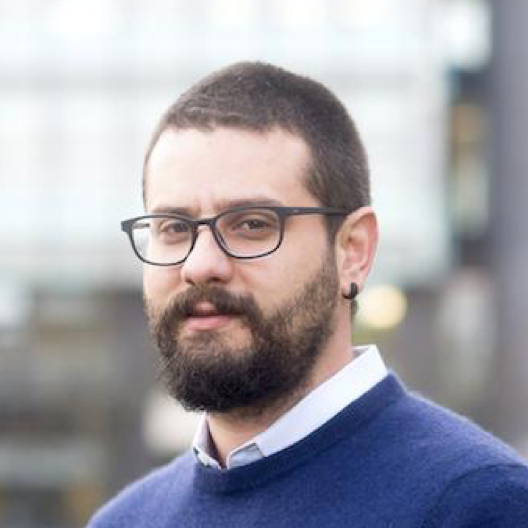Improving air quality in London

The project
In this project researchers will develop statistical methodology, machine learning algorithms and data science platforms to understand and help improve air quality over the city of London.
They will integrate varying-fidelity heterogeneous sensors in an overall real-time monitoring network for air quality, develop state of the art machine learning models for high resolution air quality forecasting and change-point detection, establish the most effective places to site future sensors, and inform policy to make targeted interventions that reduce the levels of pollution in key areas and at key times. These goals will be complemented by the parallel development of APIs and mobile apps to provide reliable, frequently updated and highly localised air quality data and forecasts for Londoners.
Air quality in London has improved in recent years as a result of policies to reduce emissions, primarily from road transport. However, significant areas still exceed NO2 EU Limit Values. Poor air quality has particularly been identified as a threat to health, with an estimated 9,000+ Londoners dying early every year. Similar issues affect most cities across the UK and Europe.
At the same time, a revolution is happening in air quality monitoring. Traditionally, a relatively small number of reference quality sensors are used – followed by a period of modelling to create a London-wide snapshot (currently based on 2013 data). With the proliferation of increasingly affordable air quality sensors, it is possible to monitor air pollution at thousands of different locations in a city – greatly enhancing our ability to target and prioritise planned interventions. Increasingly companies, non-profit organisations, community groups and individuals also want to monitor the air and are investing in sensors.
The challenges are:
- To ensure that data from a wide range of networks can be brought together to a single place for analysis
- To bring data into AQ models from a range of quality of sensors
- To ensure that we monitor the effectiveness of the different interventions planned across London
- To present the best estimates and forecasts in a way that app and web developers can then use to inform Londoners
Funding:
Funded by Lloyd’s Register Foundation programme for Data Centric Engineering.

Organisers:
Dr Theo Damoulas, Assistant Professor in Data Science,
University of Warwick

Paul Hodgson,
Greater London Authority
People:
Virginia Aglietti, PhD student, University of Warwick
Jeremias Knoblauch, PhD student, University of Warwick
Ollie Hamelijnck, Research assistant, The Alan Turing Institute
Andrew Collinge, Greater London Authority
Rosalind O’Driscoll, Greater London Authority & Transport for London
